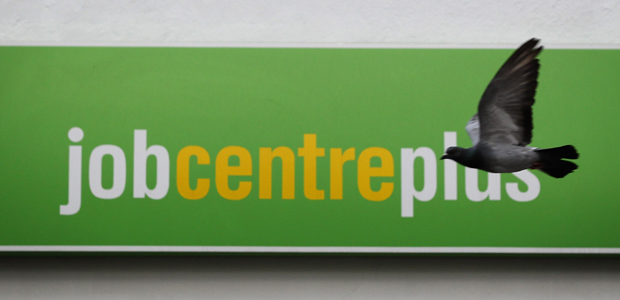UK unemployment falls by 46,000 to 2.56 million
Unemployment falls by 46,000 between April and June to 2.56 million, according to the Office of National Statistics (ONS). Much of the fall was recorded in London, suggesting an Olympics boost.

The number of people claiming jobseeker’s allowance last month was 1.59 million, down by 5,900 on June, the ONS said.
Most of the quarterly fall in unemployment was recorded in London, suggesting a big jobs boost from the Olympic Games.
Youth unemployment fell by 4,000 to just over a million.
Other figures showed that the number of part-time workers has reached a record high of 8.07 million, while the number of people working part-time because they cannot find a full-time job is 1.42 million, the highest figure since records began in 1992.
Average earnings increased by 1.6 per cent in the year to June, up by 0.1 per cent on the previous month.
The number of people in work increased by 201,000 to almost 30 million, the highest since last summer, with half of the rise coming in London.
Resilience versus contraction
Howard Archer, chief economist at IHS Global Insight, said: “It has to be said that it remains very hard to reconcile the resilience of the labour market with the contraction of the economy since the third quarter of 2011.
“The implication is that either the economy is doing appreciably better than the national accounts data show, the labour market is doing significantly worse than the hard data show, or productivity has genuinely weakened sharply.
“The jury is currently very much out as to what the actual answer is but in the spirit of being a typical economist, the temptation is to go for it being a combination of all three.”
‘Very good figures’
Commenting on today’s labour market statistics, Ian Brinkley, director at The Work Foundation, said:
“These figures are very good indeed – and almost impossible to explain. The economy has been contracting for at least six months according to the official statistics. Yet the private sector is still hiring people in large numbers.
“Moreover, many of the new jobs are full-time and permanent. If we were just looking at the labour market, we would say the UK is on track for recovery rather than being in the double dip recession shown by the GDP figures.”